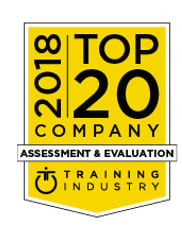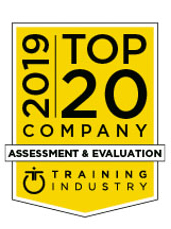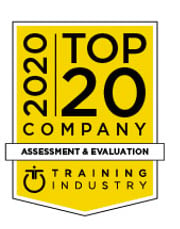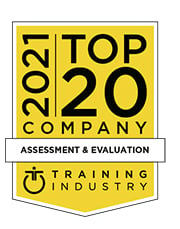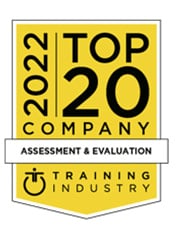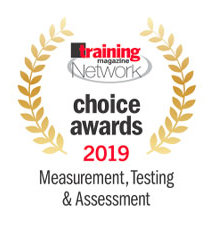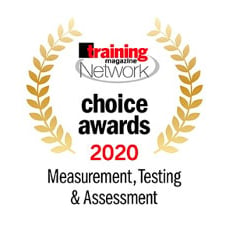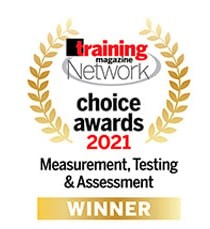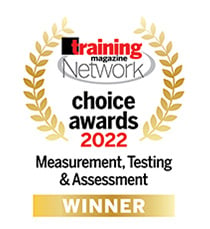Are your employees - or you - facing challenges working remotely?
As organizations transition to virtual workplaces, employers and employees are faced with many new challenges. At the same time, the pressure to work efficiently and effectively is even higher. Employees need support in order to be more productive, motivated, and engaged. But where can such support be found?
Remote Worker Assessment is specifically designed to create an optimal work environment and processes that best support employee’s strongest behavioral traits to equip them to achieve success.
No previous assessment knowledge is necessary. The assessment is self-guided and beneficial to both employers, employees, and their managers.
Remote Worker Assessment Consists of Several Independent Sections:
Five Key Work Factors:
- Self-Directiveness
- Self-Discipline
- Self-Motivation
- Self-Communication
- Self-Care
These factors help you become more successful in remote work. You may not be able to control them fully, but all of them contain aspects that depend on how you organize your work. We want to help you design a way of working that works best for you!
Three Mental Factors:
- My Attitude
- My Trustworthiness
- My Adaptability
These factors are needed in order to be successful in remote work. They all depend on you. We will provide you some tips on what aspects can support developing them.
Three Mental Factors:
- How to Communicate with You
- How to Communicate with Your Team
- How to Initiate Communication with Others
These factors focus on the rest of the organization where you work. Working remotely does not mean working without contact to/with/from other people.
This Assessment is a Must-Have for Remote Employees!
The requirements placed on an employee to schedule, organize and manage the workday are different than in a conventional work environment. We do not believe there is one personality type that is more likely to succeed in remote work and another one that has the greatest challenges. It depends, like in a traditional work environment, on how you are able to behave in your work and who you are working with.
